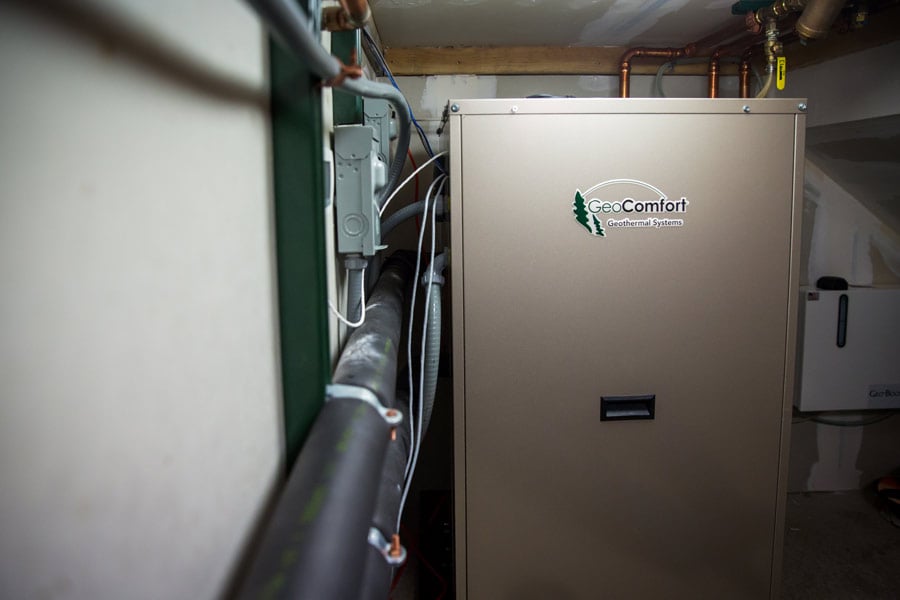When researching and buying a new HVAC system, it can become quite confusing and intimidating. Heating and cooling systems are not something you spend time thinking about, yet is the top appliance homeowners are the most dissatisfied with. This is why it is important to consider all features and benefits in the overall costs.

5 Tips to Consider in the Overall Cost of a New Heating and Cooling System:
Cheaper is Almost Never Better
This is the main focus that most homeowners usually consider when thinking of cost. Installation can range between $3,000 to $30,000 (or more) depending on the efficiency of equipment, the size and location of your home, climate, whether duct work is needed, etc. It may be tempting to choose the cheaper path but remember this rule of thumb; cheap is almost never the solution. Cheap means you are getting a low-quality system, low quality efficiencies, and low quality service which can result in major problems. So, why wouldn't you want the best system out there?
Less is More
All conventional systems are made up of 3 parts; a furnace, an air conditioner, and a hot water heater. This means there are 3 separate pieces of equipment that need to be maintained,which starts to add up quickly for the cost, time, and labor of each separate piece. The solution? Geothermal heating, cooling and hot water systems that are designed in one compact unit. The perks? Less moving parts, more space, and since it can be kept inside, no more harsh outdoor elements that can cause issues and wreak havoc on your units.
Higher the Efficiency, Higher the Savings
On average, heating and cooling is the largest expense for most homes. Lowering your monthly costs is more than just not adjusting your thermostat on those uncomfortable summer and winter days. Making sure your home is airtight and well insulated is the first step. Next, focus on a high-efficiency heating and cooling system. The higher the efficiency rating, the lower your operating costs will be. The most efficient conventional air conditioners reach 20 SEER in energy efficiency ratings (Seasonal Energy Efficiency Ratio). While, gas furnaces reach 95 percent AFUE (Annual Fuel Utilization Efficiency). Geothermal systems have efficiency ratings of 400 to 500 percent (the ratio of heat actually generated versus the amount of energy used to produce the heat). A rating less than 100 percent means you are paying for the lost heat. Energy consumption required during combustion in a fossil fuel furnace is where this loss is usually caused. Most efficient natural gas furnaces have a rating of 95 percent, which means it cannot compete with the high efficiency of geothermal.
Get Ahead of the Game
Did you know, conventional HVAC equipment lasts about 13 years, on average, while geothermal units usually lasts 20-25 years (and sometime longer)? This includes all geothermal heating, cooling, and hot water systems, plus the ground loops that power the system last a lifetime. With a quality geothermal system, proper installation, and routine service plan, it has the potential to last two times longer than any other efficient, high-quality conventional system.
Don't Settle for Average
You spend 4,000 to 6,000 hours in your home every year. Don't discount your comfort when evaluating costs and efficiencies. 71 percent of homeowners say they want to be more energy efficient. The solution? Geothermal heating, cooling, and hot water systems. Why wouldn't you want the quietness of this system, a fossil free unit, the most comfortable form of heating and cooling, and so much more? Geothermal is an investment that pays you back through unlimited cost savings, comfort, and the peace of mind that you picked the right system.
Purchasing a new heating and cooling system isn't an easy task, but these 5 tips will help you to make sure you are investing in the most energy-efficient system out there, and making the payoff worth it.



